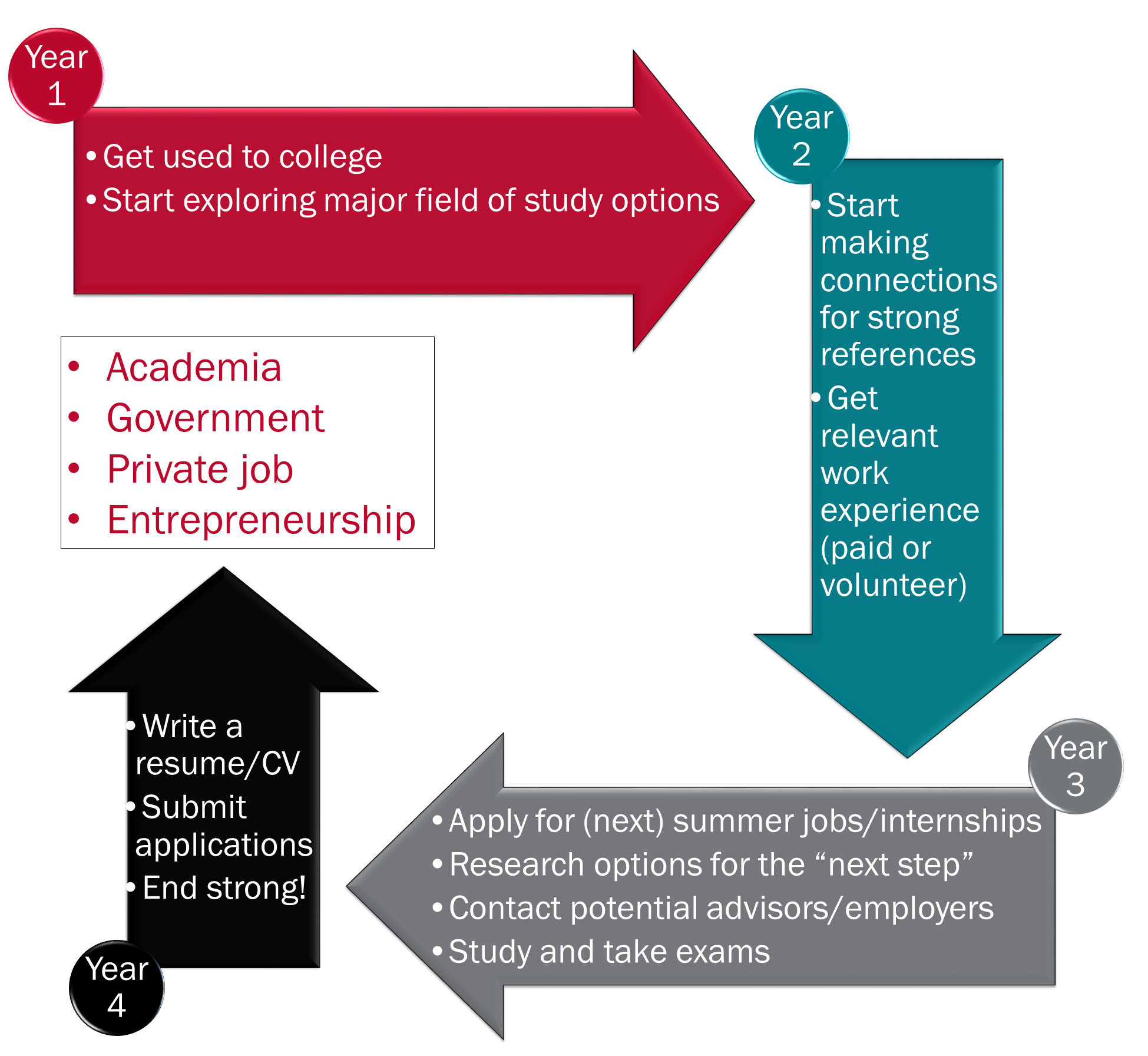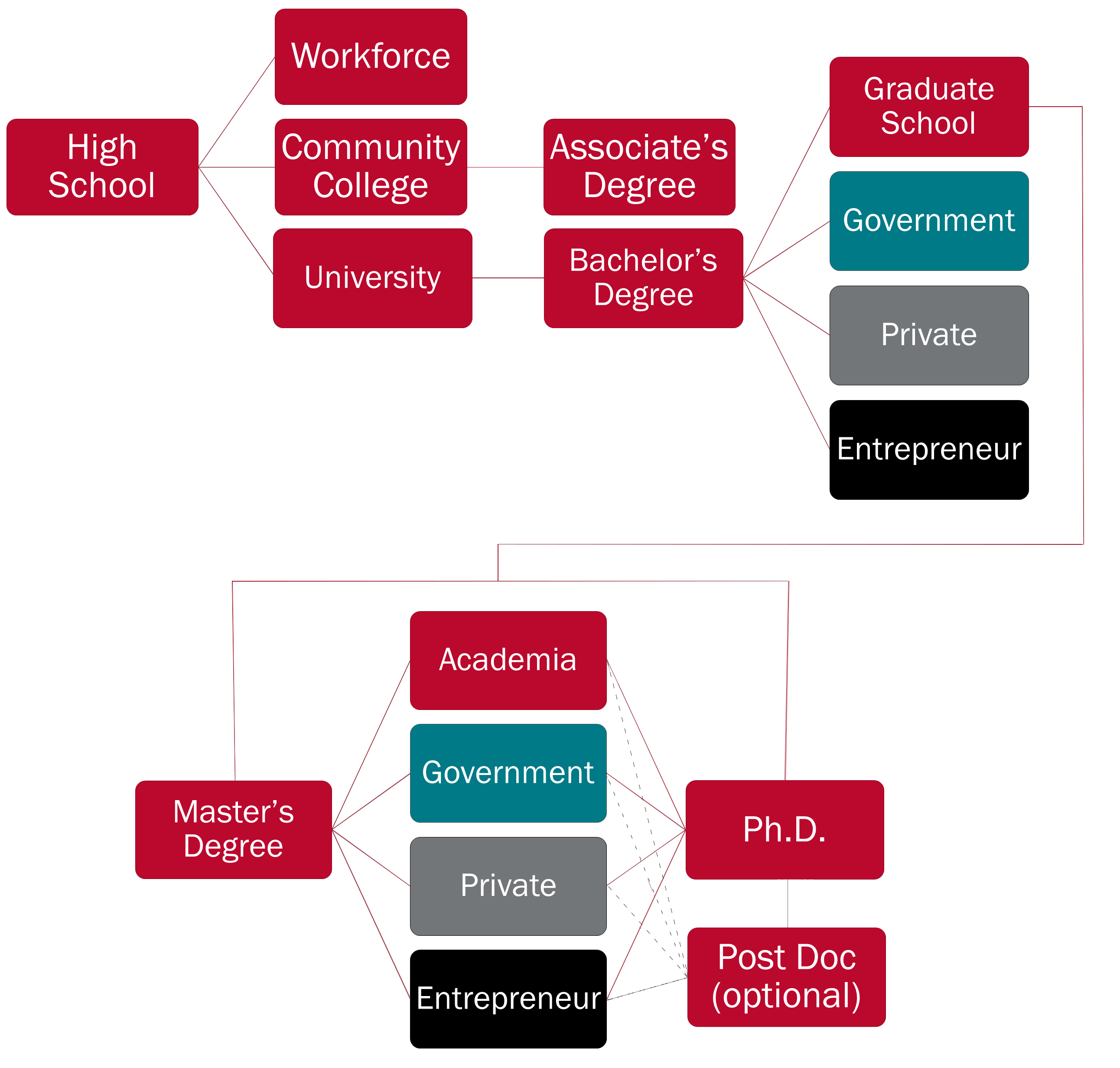Get Involved
Contact Us
MSC05 3040
1 University of New Mexico
Albuquerque, NM 87131
Physical Location:
Education Classrooms
Building 67, Room #211
Phone: (505) 277-0878
stem@unm.edu
MSC05 3040
1 University of New Mexico
Albuquerque, NM 87131
Physical Location:
Education Classrooms
Building 67, Room #211
Phone: (505) 277-0878
stem@unm.edu

![]()


How do I get involved?
In your entry-level science courses, you will often perform experiments where the results are already know. These experiments are essential to your understanding and academic growth. But, if you get involved in undergraduate research opportunities, you can take this a step further by creating and conducting research where no one knows what will happen! This is the exciting part of science…discover and create something new! This is how science changes the world for the better every day! There are several key ways to get involved in undergraduate research.
70 ways to manage your time
Where does the time go?
Have you considered the time you have? How many times have you wondered what happened to all the time you had? Have you ever counted up the number of hours during a week and approximated times for each activity? You can make master schedules for:see blogs from Aug. 2015 – May 2016.
stemgateway.unm.edu/about-us/other-activities/blog/STEM Student Resources
http://stemgateway.unm.edu/for-students/student-resources.htmlStudent organizations are a great way to meet other students with similar interests and can benefit both your academic and student life experiences!